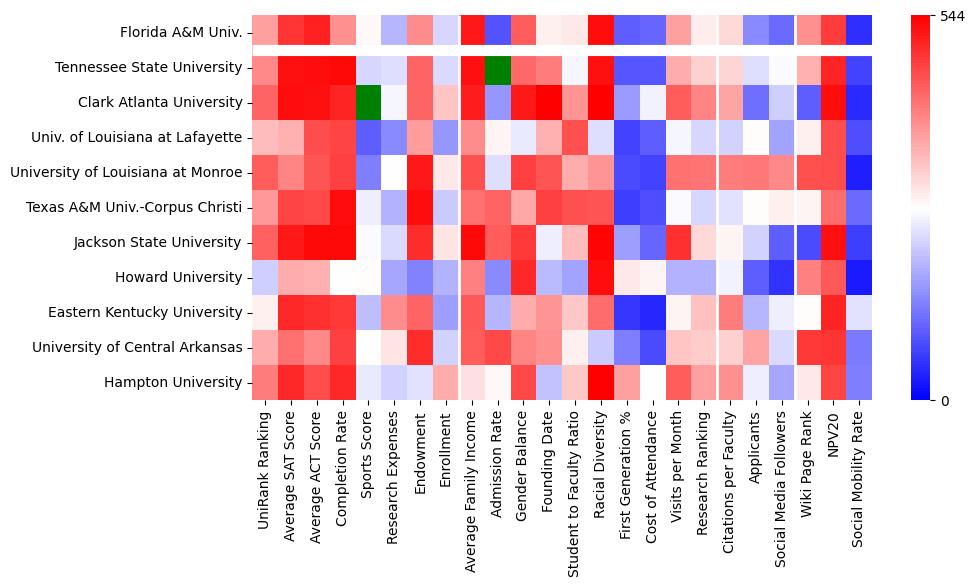Florida Agricultural and Mechanical University (FAMU), founded in 1887, is situated in the vibrant city of Tallahassee. As a historically Black university, FAMU has a rich legacy of providing educational opportunities to African American students and others from diverse backgrounds. It began as the State Normal College for Colored Students and has since evolved into a prominent institution offering a wide range of undergraduate and graduate programs. Over the decades, FAMU has maintained its commitment to excellence in teaching, research, and service, becoming a vital part of Florida's higher education system.
What sets FAMU apart is its unwavering dedication to fostering a nurturing and inclusive environment that empowers students to achieve their full potential. The university is renowned for its strong sense of community and pride, often referred to as "FAMUly." It also boasts a vibrant campus life with numerous student organizations, cultural events, and traditions that enhance the overall college experience. FAMU's Marching "100" band is internationally acclaimed, showcasing the university's commitment to the performing arts and its role in promoting school spirit.
Academically, FAMU offers a robust selection of programs, with particular strengths in pharmacy, nursing, engineering, and business. The College of Pharmacy and Pharmaceutical Sciences is particularly noteworthy, as it consistently ranks among the top producers of African American pharmacists in the nation. The School of Business and Industry is another highlight, known for its rigorous curriculum and strong emphasis on leadership and entrepreneurship. FAMU also places a significant emphasis on research, providing numerous opportunities for students to engage in innovative projects across various disciplines.
However, FAMU faces challenges common to many public universities, including fluctuating state funding and infrastructure needs. Some students and faculty have voiced concerns about the adequacy of facilities and resources, which can impact the learning environment. Despite these hurdles, FAMU's administration is actively working to secure funding and improve campus facilities to better serve its student body. The university's commitment to overcoming these challenges reflects its dedication to providing a high-quality education to its students.



